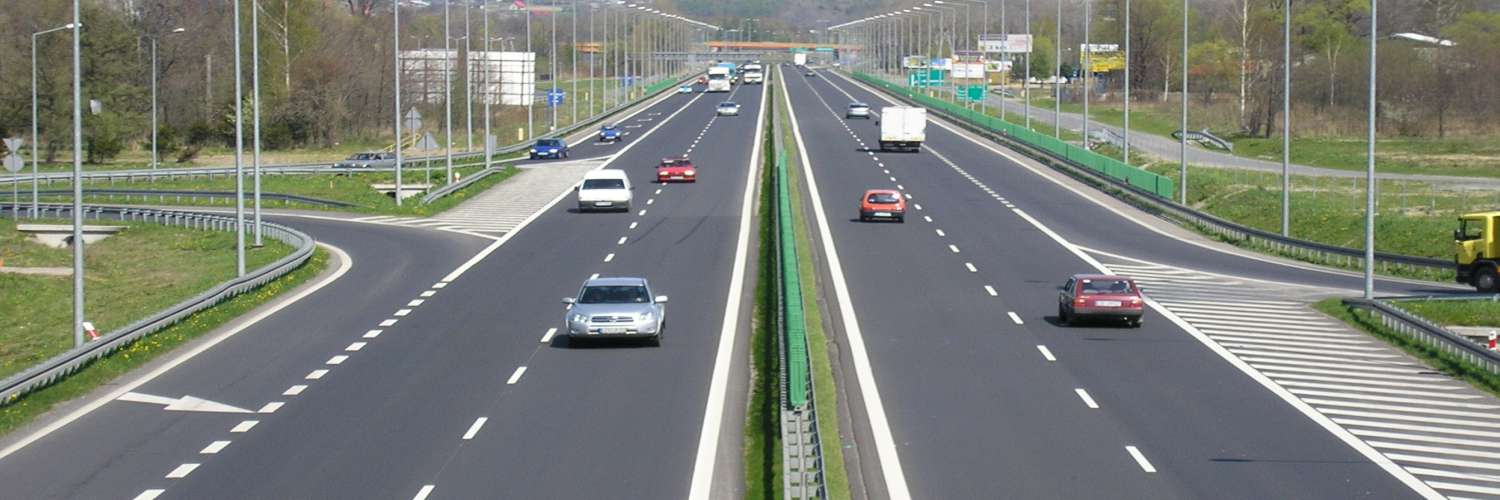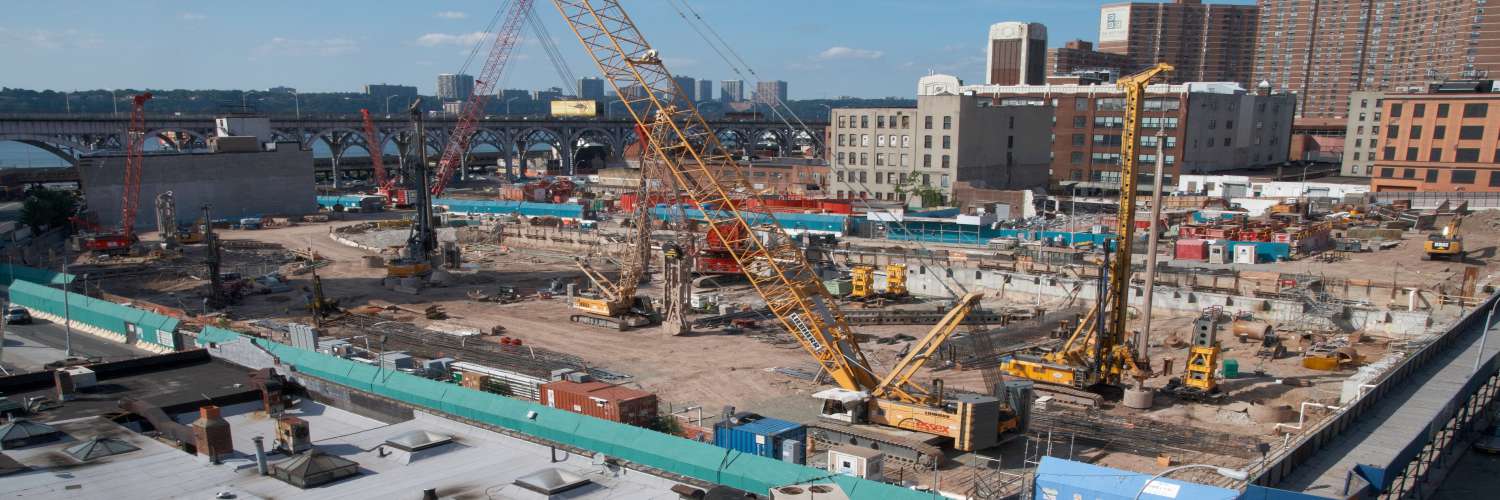This article is about infrastructure laws on Roads and Power. For Naval Ports and Airports; Railways, Telecom and Oil & Natural Gas and Renewable Energy, you may refer to Part I and Part III. For further clarity on any point, you may write to our top Advocates for infrastructure laws in Chandigarh.
Introduction
Out of the various sector under infrastructure sector, Roads and Power sectors are crucial to the economic growth of India. The separate regulatory bodies govern these two sectors which in turn ensures the smooth functioning of these and paves the way for development and private investment. The infrastructure laws on Roads and Power sectors are discussed in this Part of the Article.
Infrastructure Laws on Roads
The road projects are governed by the National Highways Authority of India (NHAI) under The National Highways Act 1956 and the National Highways Authority of India Act, 1988. NHAI is responsible for the development, maintenance, and management of the roads and Highways. The high volume of traffic and quality and extent of inadequate roads makes it essential for the development and maintenance of the roads and caters to the need for private sector participation and foreign investment.
The Construction and BOT projects are awarded by NHAI. The private sector developer is selected through the competitive bidding followed by the concession agreements between the private party developer and NHAI wherein the investment is made by the private party developer. For this purpose, the government has also framed Model Concession Agreements (MCAs). Even the projects of BOT-Annuity, where the project is funded by the government, the payments shall be subject to the raising of bills and inspection of the project site by the Authorities engineers. Under the BOT- Toll projects, the private investors may recover the project cost through tolls. The government, in order to increase the private investments, has granted the 100% tax exemption for the period of 10 years within 20 years of the project commissioning. Furthermore, NHAI considers the grants and viability gap funding for the projects.
Infrastructure Laws on Power
The power sector in India requires much-needed development given the fact of power shortage in urban and rural areas. The government has taken the initiative to develop and restructure the power sector by inviting the private sector participation.
The power sector is largely governed by the Electricity Act, 2003 which has replaced the Electricity Act, 1910, Electricity (Supply) Act, 1948 and Electricity Regulatory Commission Act, 1998. the Electricity Act, 2003 work for a hand in glove with the National Electricity Policy, 2005 Thus paving the way for rapid development of power sector thereby promoting competition devoid of regulatory approvals and provision for uniform licensing for electricity distribution and trading. The electricity trading, however, is subject to the grant of the license by the apposite Electricity Regulatory Commission (ERC). The Ministry of Power through Rural Electrification Corporation provides financial support for the programs related to rural electrification. Further, the projects in the power sector are also financed through the term- finance. Any disputes arising between Central Public Sector Units and States are addressed by an independent regulator namely Central Electricity Regulatory Commission.
The government, in a drive to draw the private investment, has allowed 100% FDI in the power sector. Furthermore, to incentivize the private sector investment during the initial 15 years, income tax exemption for 10 years has been granted and capital goods import duties have been waived on mega projects which are above 1000 MW generation capacity. This endeavor, in turn, has led to the participation of several private sector developers holding the distribution licenses for generation and distribution of power.
Conclusion
Unlike the Naval Ports and Airport sectors, the Road and Power sectors also have separate regulatory bodies and governing bodies. NHAI is responsible for the developmental projects related to roads and highways. The Model Concession Agreements have been introduced to balance the interest of the private investors and the public bodies whereas the Power sector is governed by the several Acts, which pave the way for the development of the power sector which is monitored at both Central and the State level. In the event of any dispute, the Central Electricity Regulatory Commission is responsible for addressing the conflicts.
For detailed information regarding the above-mentioned sectors, our infrastructure lawyers may be contacted.









